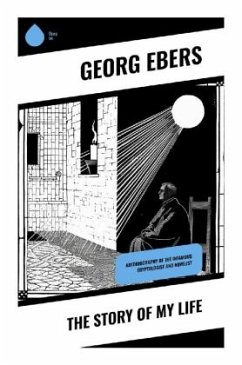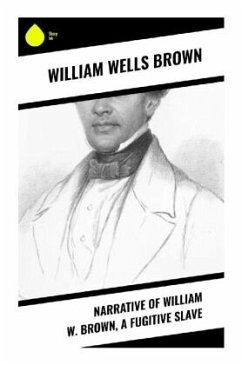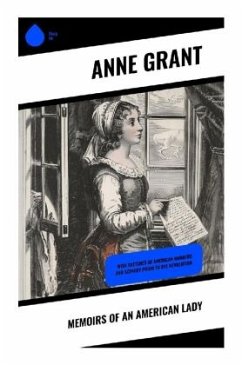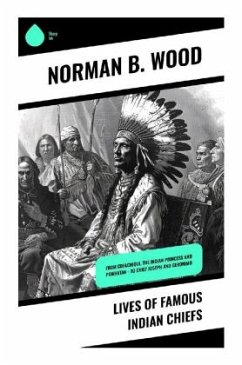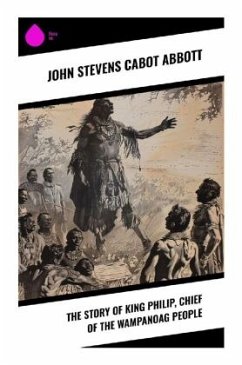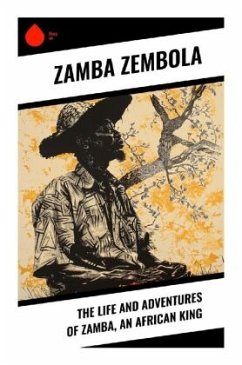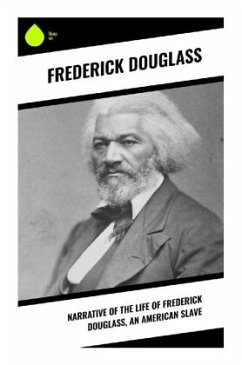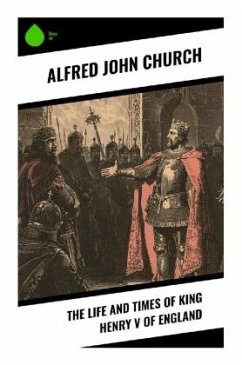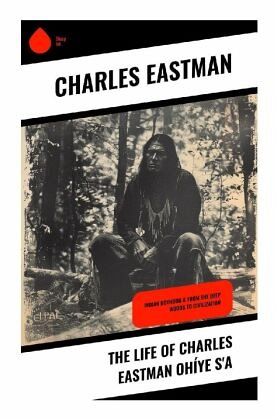
The Life of Charles Eastman Ohíye S'a
Indian Boyhood & From the Deep Woods to Civilization

PAYBACK Punkte
0 °P sammeln!
In "The Life of Charles Eastman Ohíye S'a," Charles Eastman eloquently intertwines the narrative of his own life with the rich traditions and struggles of Native American culture, particularly the Sioux Nation. Through a personal lens, Eastman employs a lyrical yet candid literary style that encapsulates the complexities of identity, cultural heritage, and the profound impact of modernization on Indigenous communities. The book serves as an important contribution to American literature, revealing not only the trials faced by Native Americans but also their resilience and adaptability amidst a...
In "The Life of Charles Eastman Ohíye S'a," Charles Eastman eloquently intertwines the narrative of his own life with the rich traditions and struggles of Native American culture, particularly the Sioux Nation. Through a personal lens, Eastman employs a lyrical yet candid literary style that encapsulates the complexities of identity, cultural heritage, and the profound impact of modernization on Indigenous communities. The book serves as an important contribution to American literature, revealing not only the trials faced by Native Americans but also their resilience and adaptability amidst a rapidly changing landscape. Charles Eastman, a Dakota Sioux, was both a physician and an advocate for Native American rights, which profoundly informed his writing. Born into a traditional Sioux family in 1858, Eastman's experiences straddled two worlds-his Indigenous heritage and Western education. This duality inspired him to bridge cultural divides and articulate the vibrant spiritual life of his people, making him a pioneering figure in Native American literature and advocacy during the early 20th century. This insightful autobiographical work is not only an essential read for anyone interested in Native American history and culture but also serves as a moving testament to the human experience of navigating personal and collective identity. Eastman's unique perspective provides ample material for reflection and understanding, making this book a vital addition to the canon of American literature.





